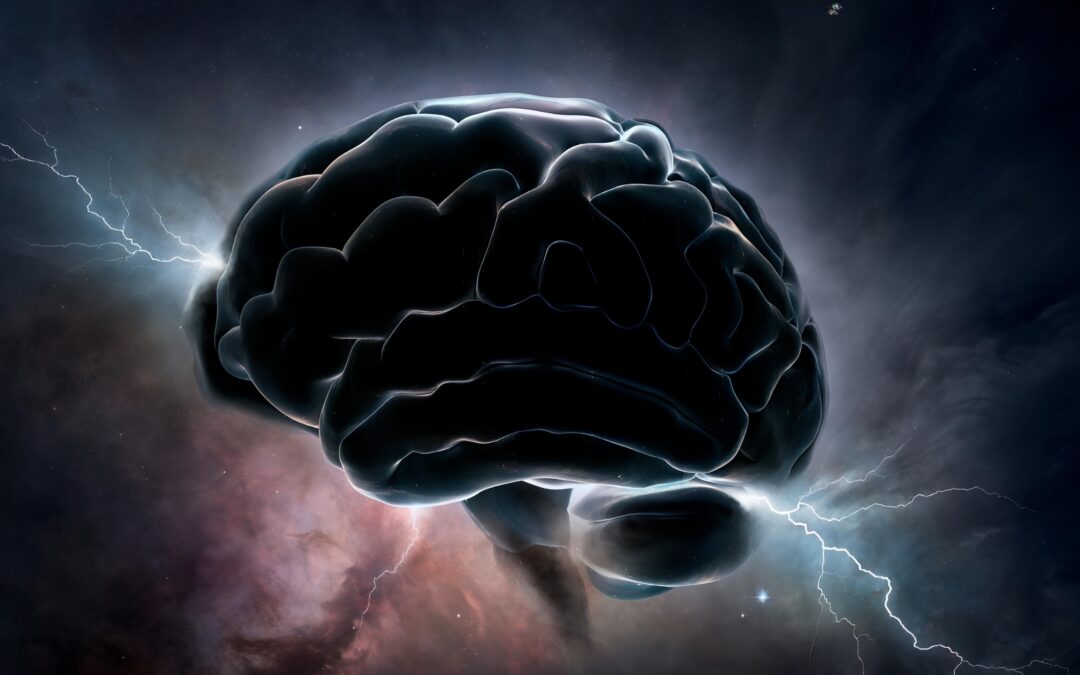Parkinson’s Breakthrough: Japan’s new stem cell treatment may restore brain function – without side effects.
In a landmark clinical trial, Japanese scientists have successfully implanted lab-grown dopamine-producing neurons into Parkinson’s patients, marking the most advanced use of induced pluripotent stem (iPS) cells in human neurology to date.
The early results are promising: patients experienced meaningful motor improvements and increased dopamine activity, without major side effects.
This approach, developed at Kyoto University and backed by Sumitomo Pharma, could revolutionize treatments for not just Parkinson’s but potentially other neurodegenerative diseases like ALS and Alzheimer’s.
Unlike earlier attempts using fetal tissue, this method uses genetically reprogrammed adult cells, reducing ethical concerns and improving safety. Dopamine production rose by up to 63.5% in some patients, localized precisely where cells were implanted. The next goal: regulatory approval in Japan by late 2025, potentially making it the second approved iPS-based therapy in the country. With Japan leading the charge in regenerative medicine, this breakthrough could redefine how we approach brain disorders on a global scale.
Source: https://www.nature.com/

